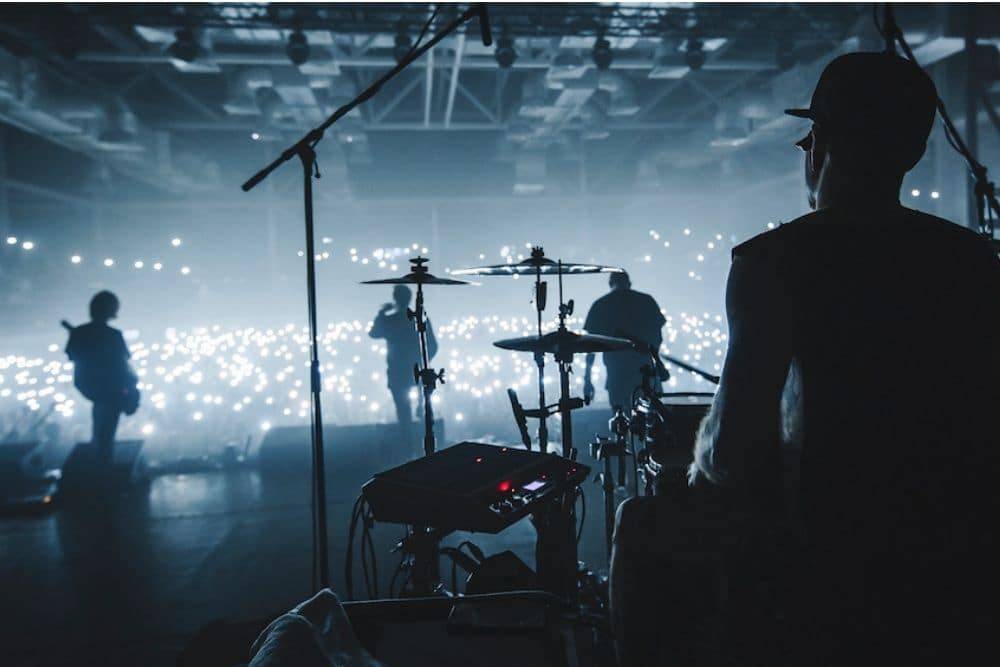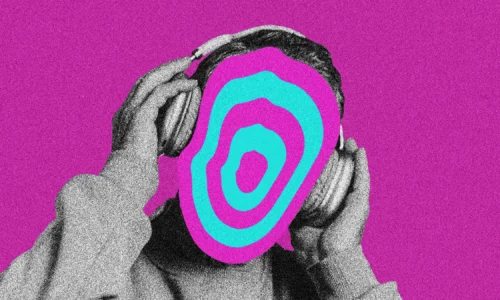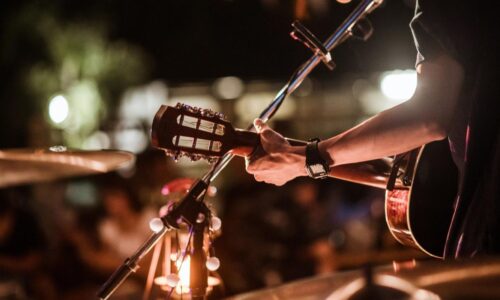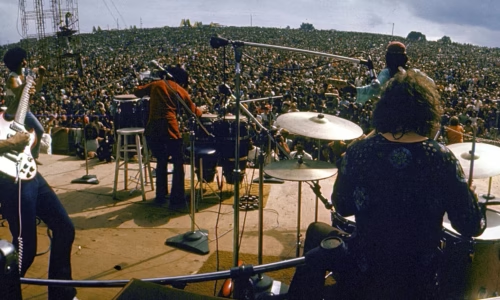What It Means to Be Seen as a Musician in the Age of Rocketship

The Feeling of Being Invisible
My name is Quade MacFadyen, and I’m the lead singer of my band, Pity the Pretty. Any musician like me understands the feeling of pouring your heart and soul into a track, only for it to gather a few listens before disappearing into the thousands of songs uploaded to streaming platforms every day. Your time. Your art. It all feels wasted — as if your work was for nothing.
Since there are so few artists who truly break through despite millions competing in the space, countless great songs never reach the people who would love them. Your songs aren’t bad — the system broke the way music gets discovered. That silence used to kill music careers… until now.
The Industry’s Broken Discovery System
With more than 100,000 songs uploaded to streaming platforms every single day, discovery feels almost impossible to a musician like me. No matter how great your song is, the odds stack against you.
Quality doesn’t necessarily matter to the algorithm — only momentum does. Trends keep getting pushed, while the new voices remain unheard. And with labels’ money at risk, they’d rather bet on a safe, algorithm-friendly artist than take a chance on someone with no traction.
It’s easy to feel invisible in an industry that demands attention. Invisibility in music isn’t just an obstacle — it often kills a career.
Why Being Seen Matters
Being seen as a musician isn’t about drawing in a massive crowd. It’s about connection.
When I write for Pity the Pretty, I’m trying to capture a feeling — something that mattered enough for me to shape into sound and share with the world. When people don’t notice that effort, it’s not just disappointing. It makes you question yourself.
Do my songs matter?
Do I matter as an artist?
Everyone who puts in the work to express themselves through music deserves connection. Not necessarily from millions of listeners, but everyone deserves a chance to find the crowd that appreciates their sound.
That’s what makes Rocketship different.
Enter Rocketship’s Singer-First Algorithm
As soon as I learned about Rocketship, I got excited. At Rocketship, we believe discovery shouldn’t depend on momentum or marketing. It should depend on the song itself.
Rocketship’s artist-first algorithm doesn’t play by trends or follower counts. It listens to your music and determines who your fans are based on tone, flow, lyrics, and emotion — as well as similar artists to you. The platform then calculates how many potential fans you have out there and shows you how to reach them first.
As both a musician and someone working inside Rocketship, I can tell you this marks a turning point for the modern music industry. For once, the system doesn’t hide new artists — Rocketship gives them a real chance.
A New Age for Musicians
As somebody working for Rocketship, here’s what you should expect when the platform officially launches very soon:
Underground musicians will become known. Talent will rise above name recognition. Music will turn back into art, not just an algorithm or money machine.
From the artist’s perspective, I can say with confidence that Rocketship’s artist-first platform will change everything. Say goodbye to the lottery ticket of virality and the gatekeeping of labels. Rocketship is rewriting what musical connection means — real connection.
It’s giving every song — and every singer — the chance to reach the right people.
For musicians, that means hope. For fans, it means discovering music that feels personal, fresh, and alive. And for the industry, it means remembering that behind every song stands a human voice waiting to be recognized.
What It Means to Be Seen
For me, the best possible outcome of releasing a song isn’t fame or money. It’s when the music I create with Pity the Pretty reaches the audience that truly resonates with my work.
Being seen means connection. It means validation. It means finally being heard.
Rocketship isn’t just another platform — it’s part of a bigger movement toward fairness and authenticity in music discovery. And as both a musician and someone working on the inside, I can say this with confidence: buckle your seatbelts — change is set to launch very soon.
Because no artist should ever feel invisible.



